Lauren De Crescenzo: Team Amani women gravel riders 'redefine what’s possible' in Africa
US gravel rider shares photos and lessons learned after spending 12 days with Black Mamba Development women
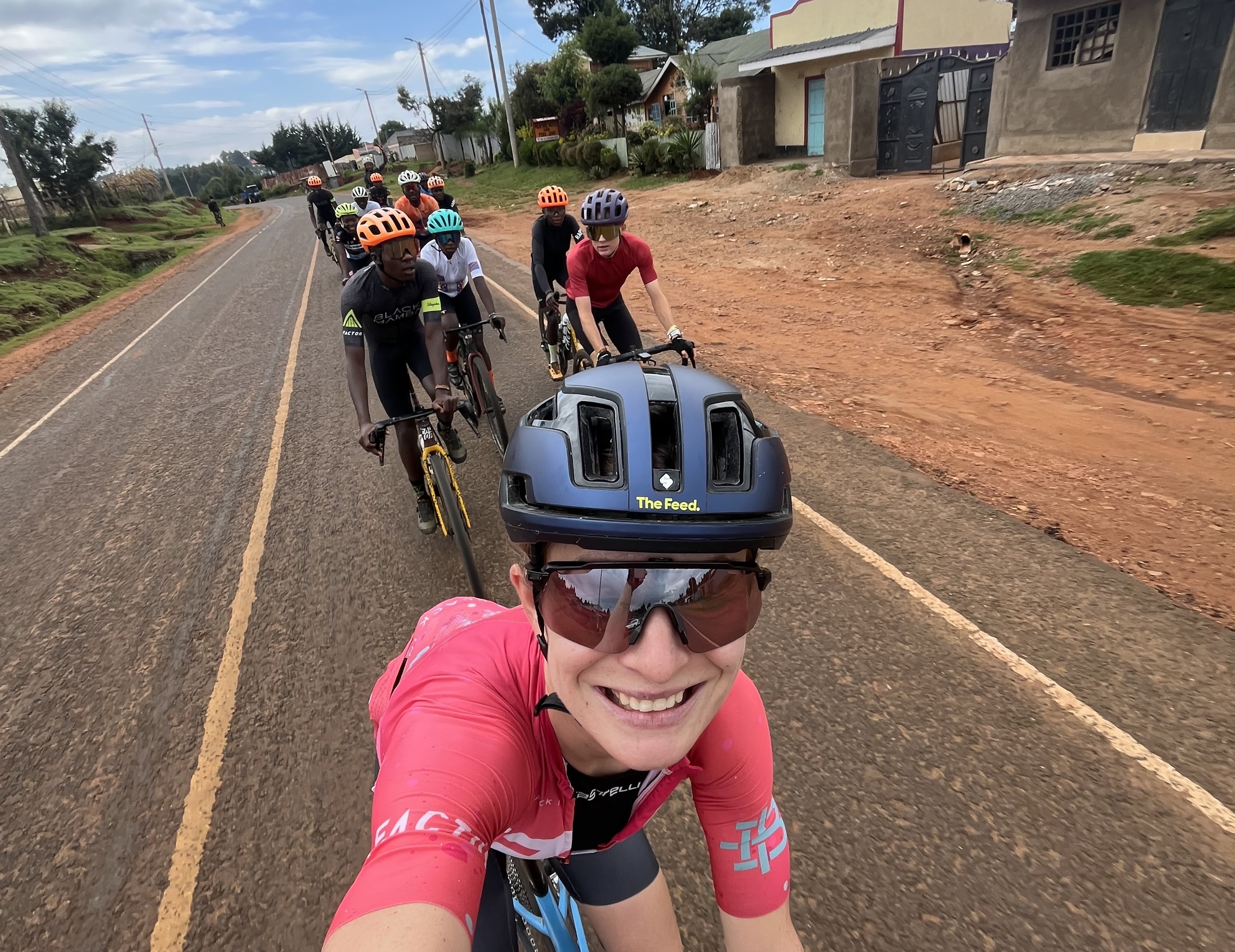
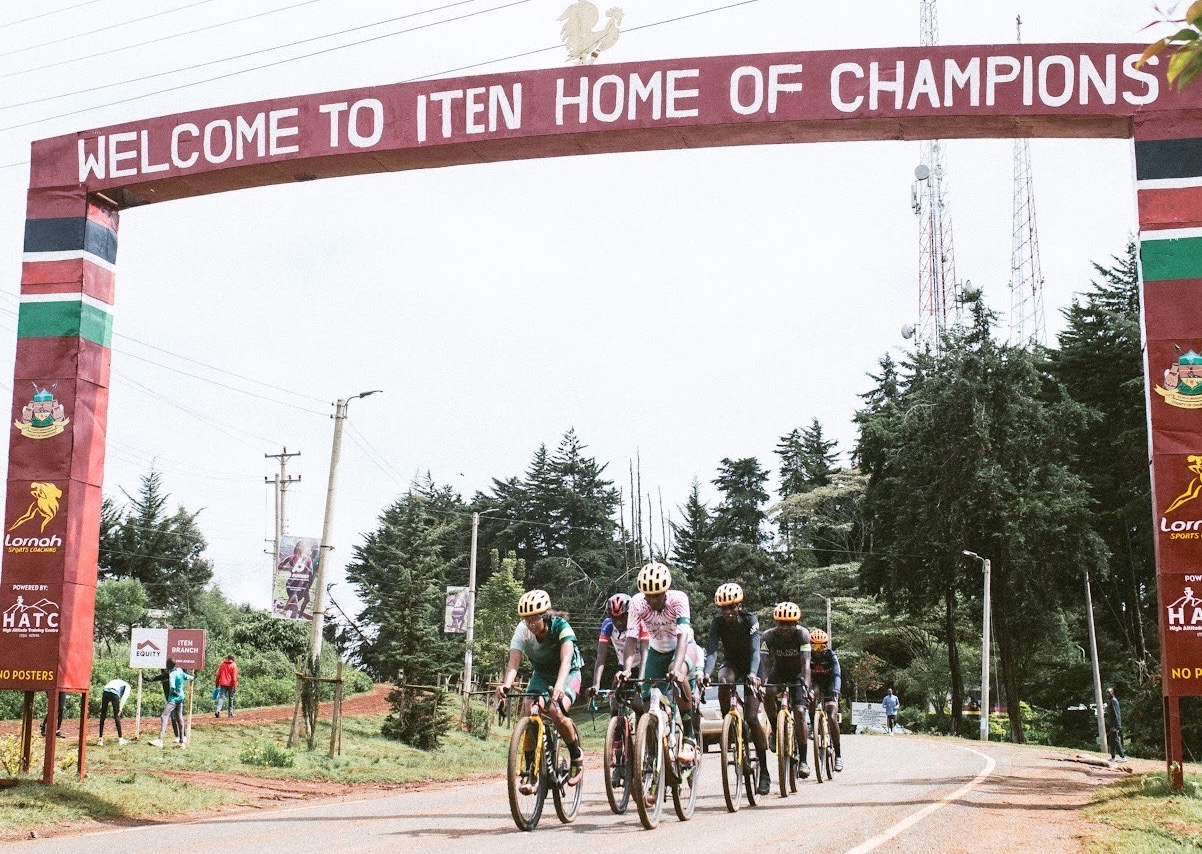
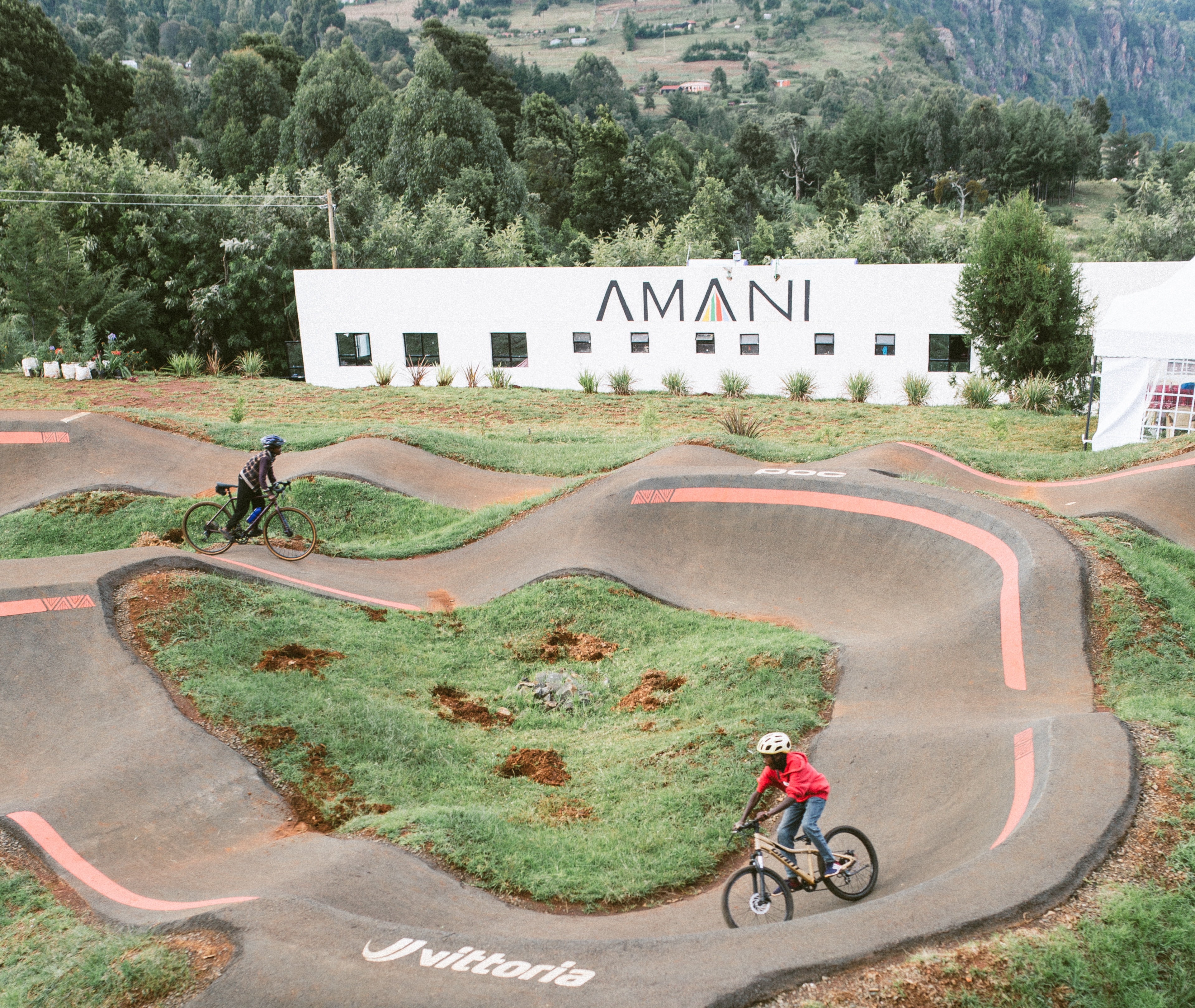
After a whirlwind year of races and training, it was time to embark on a last-minute trip that would permanently mark my perspective on cycling.
It wasn't another big gravel race or a high-altitude training camp in the Rockies. Instead, when Factor Bikes asked if I would like to join the Team Amani Training Camp in Iten, Kenya, a small town perched at 8,000 feet (2,400m) in the Great Rift Valley, I couldn’t resist.
Connecting with the 45 riders of Team Amani and their Black Mamba Development squad, who live and train in one of the most challenging environments on the planet, both physically and socially, was not just a professional opportunity but a personal one. I was there to learn, share, and contribute to the growing cycling culture in East Africa, specifically among the nine women in attendance.
Next year the region will host the UCI Road World Championships in Kigali, Rwanda, which is monumental. More on that below, however.
From the first ride, it was clear these riders were driven by something greater than the pursuit of podiums. Every rider had their own story of determination, struggle, and ambition. Despite daily hurdles, the riders showed up each day with fierce resolve.
The support from the local community was heartwarming. Children ran alongside us, cheering, and the people of Iten showed immense respect for the athletes. It’s a testament to the culture of perseverance that defines this region. On the roads, I felt like we were treated as local heroes.
This level of respect was something I hadn’t experienced in many places, and it reminded me of how powerful it can be when a community fully embraces athletes and their efforts. In turn, I wanted to show the same respect to the people who had welcomed me into their world.
Get The Leadout Newsletter
The latest race content, interviews, features, reviews and expert buying guides, direct to your inbox!
The experience over 12 days was more about the connections I made off the bike. Beyond sharing the same bike sponsor, Team Amani, Black Mamba riders, and I are equally passionate about cycling and maximizing our potential on and off the bike.
Survival before performance
At its core, cycling is about resilience; for East African riders, that resilience extends far beyond the bike. Their battle isn’t just against the clock or competitors - it’s against the environment. Daily considerations include clean water, reliable nutrition, and basic health care.
During the camp, I witnessed firsthand how environmental challenges permeate every aspect of life. One of the development riders contracted malaria mid-camp, and I had a run-in with a Nairobi fly that left a painful chemical burn on my clavicle. Both experiences reminded me how much energy and focus are required to train in Iten, Kenya at an elite level.
Their gym? A cement patch next to their pump track, with concrete slabs doubling as weights. Their training roads? Rough, steep climbs and chunky gravel roads make the toughest US and European gravel seem tame.
Every training ride ends with a group laundry session at the Team Amani house, where riders wash their kits by hand and hang them on a long clothesline to dry. The kitchen staff carefully boils drinking water to ensure it's safe for consumption, as the faucet has an “earthy” taste. While second nature to the East African riders, these routines highlighted how much they juggle alongside their training. Tasks like these, which I rarely think about back home, would undoubtedly require energy and focus that I would typically direct toward recovery and performance.
Nine women redefine what is possible
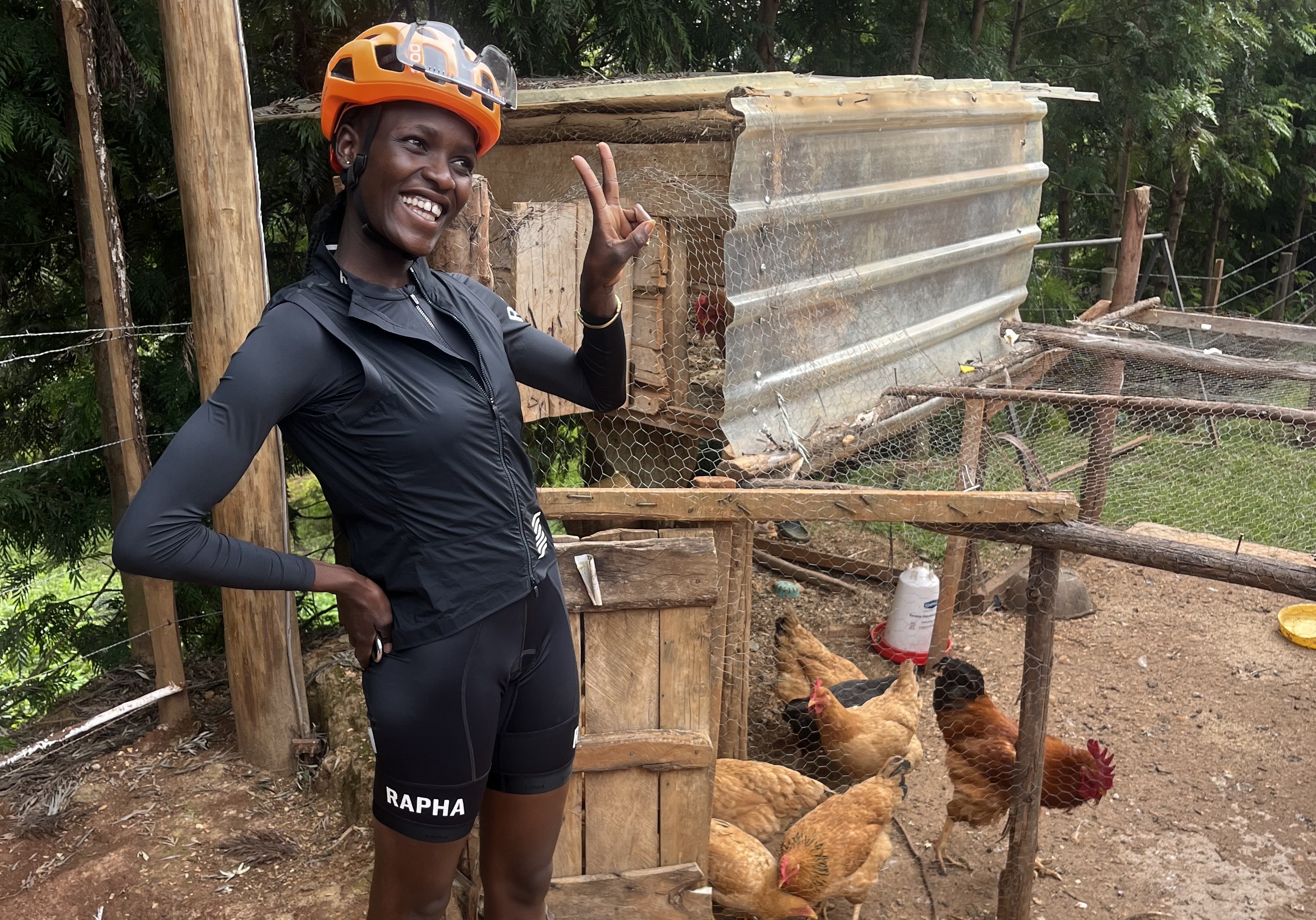
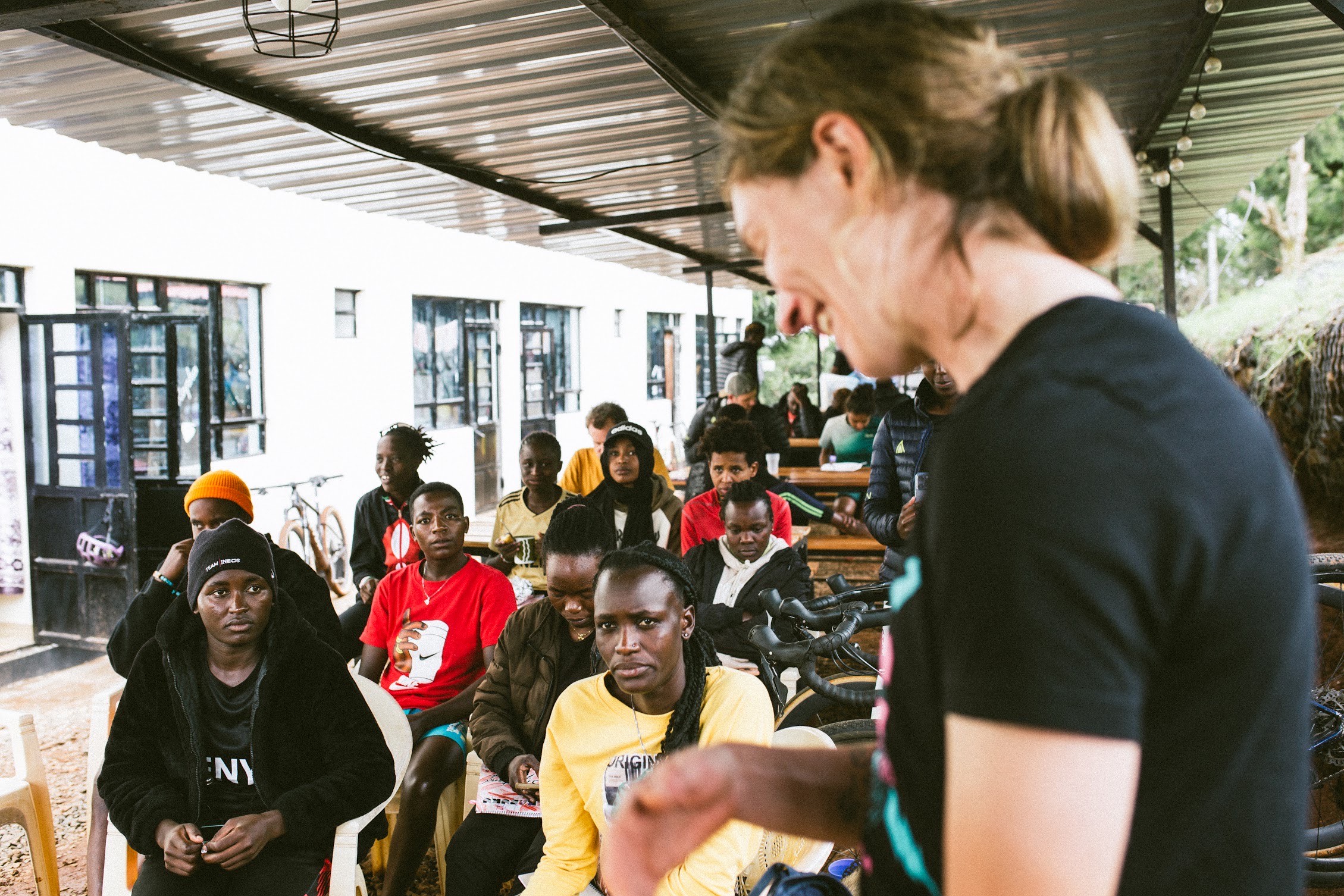
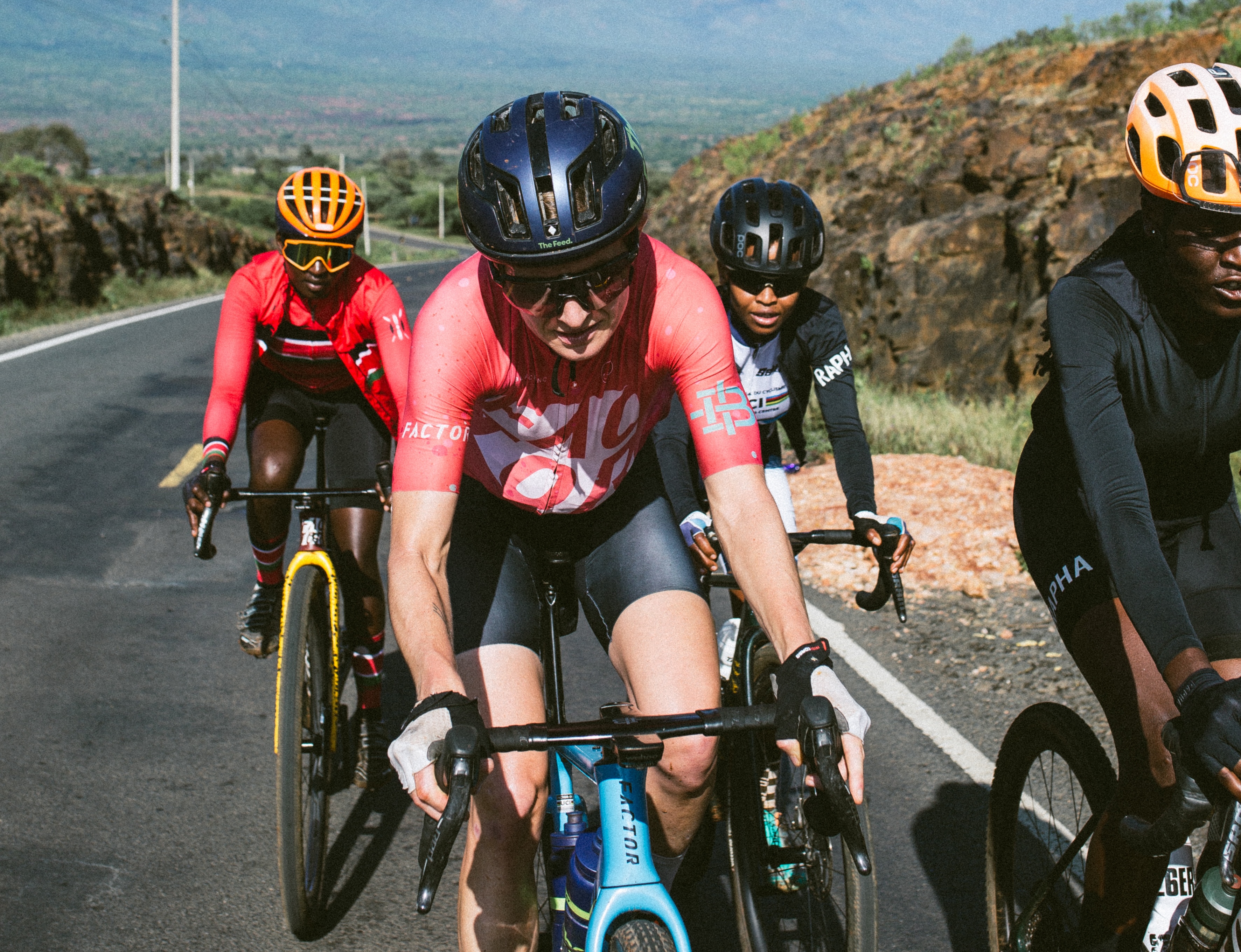
Midway through camp, I had the opportunity to lead a female-only session with the nine women in attendance. I wanted to create a space where the women felt comfortable asking questions. We discussed topics that are often overlooked or taboo, such as menstruation, birth control, female-specific nutrition, overcoming fear, and bouncing back from setbacks.
The cultural differences in the room were eye-opening. They were shocked to learn that I’m married, as marriage in their culture often signals the end of an athletic career and the expectation to start a family.
We also discussed nutrition, focusing on accessible options and strategies. Team Amani is sponsored by Maurten, but shipments to Kenya can be challenging. Riders and staff wisely prioritize saving these premium products for race day and the peak of their season.
On training rides, they often use sugar water in their bottles and other readily available fuel sources. We also addressed some common misconceptions, such as the idea that skipping food on a ride to make it feel harder leads to better physiological adaptations. Instead, we focused on understanding the science behind fueling and making the most of available resources.
To make the discussion relatable, I included a slide showing common Kenyan fruits such as bananas, mangoes, papayas, and pineapples, as well as Kenyan candies, brown sugar, and Coca-Cola, breaking down their carbohydrate contents as fuel options.
One of the most fulfilling aspects of this experience was the chance to share knowledge. We spoke about training, mental strategies for competition, injury prevention, and how to navigate setbacks with resilience.
Riders like Mary Aleper, a 20-year-old Ugandan athlete with Black Mamba Development Squad, embody the spirit of East African cycling: relentless drive and unshakable passion. They’re not just overcoming adversity, they’re redefining what’s possible, one ride at a time. Another rider, Rose Karanja, a 19-year-old from Kenya, asked me how to attend a US college on a cycling scholarship because she would like to study medicine and return to Africa to provide service to those who otherwise would never have it.
This trip reinforced for me that cycling can be a platform for breaking barriers, growing a community, and empowering one another. These women may have started as strangers, but they left a lasting mark on my journey as an athlete and as a person.
Call to action
The question that lingered for me throughout the camp was: How do we bridge the gap between these riders and their counterparts in Europe or the US? The talent is undoubtedly there. I think all the riders have the talent to shine on the world stage. But talent alone isn’t enough to make it in cycling.
Support systems are crucial. Access to reliable health care, equipment, and logistical support can make the difference between a promising career and one cut short by preventable setbacks. Programs like Team Amani are a step in the right direction but more resources are needed to level the playing field. Sponsorship dollars, equipment donations, and knowledge-sharing initiatives can go a long way. It’s also essential for governing bodies like the UCI to recognize and support riders from underrepresented regions.
My time in Iten was both humbling and inspiring. In some ways, it made me feel guilty about the privileges I’ve had throughout my cycling career and life. The East African riders I met are doing incredible things with what they have. Imagine what they could achieve with just a fraction of the resources available to riders in wealthier countries. And it’s not just about bringing East African riders to Europe or the US - it’s about creating systems that allow them to thrive on their terms, in their environment.
In this context, the UCI’s decision to host the Road World Championships in Kigali, Rwanda, feels monumental. For the first time, the event will take place on African soil, putting the spotlight on countries like Rwanda, Kenya, Uganda, DRC and Ethiopia. Rwanda’s terrain and high-altitude roads, challenging like the ones in Kenya 900km away, will provide a fitting stage for the world’s best while highlighting incredible African cyclists. I hope UCI Road Worlds will bring attention to the inequalities in our sport and celebrate African riders who have long been overlooked.
As I reflect on my time in Kenya, I’m filled with gratitude for the lessons I’ve learned and the connections I’ve made. But beyond just cycling, it was a reminder of how important it is to address the inequities that still exist in our sport. As an athlete with a background in public health, I know the power of sports to create positive change. And I’m committed to continue using my platform to advocate for greater access to resources and opportunities, especially for women of color and those from underrepresented communities.
The women of Team Amani have shown me that cycling is about more. Regardless of background or gender, everyone deserves the opportunity to succeed. I’m honored to have been part of their journey, and I look forward to continuing to support these incredible athletes as they make their mark on the world. Cycling is more than just performance, it’s about resilience, empowerment, and the shared experience of working together to overcome the obstacles we all face.
Lauren De Crescenzo is an accomplished gravel racer, having gained fame as the 2021 Unbound Gravel 200 champion and racking up wins at won The MidSouth (three times), The Rad Dirt Fest and podiums last year at Crusher in the Tushar and Big Sugar Gravel. In 2016, she suffered a nearly fatal, severe traumatic brain injury (TBI) in a professional road race. While the bike almost took her live, she says the bike saved her life as a rehabilitation tool in the following years and she found a new love– gravel and off-road racing. She now wants to be a role model of tenacity, grit, and hard work to promote the vital message of TBI awareness, positively impacting the lives of those affected by TBIs.